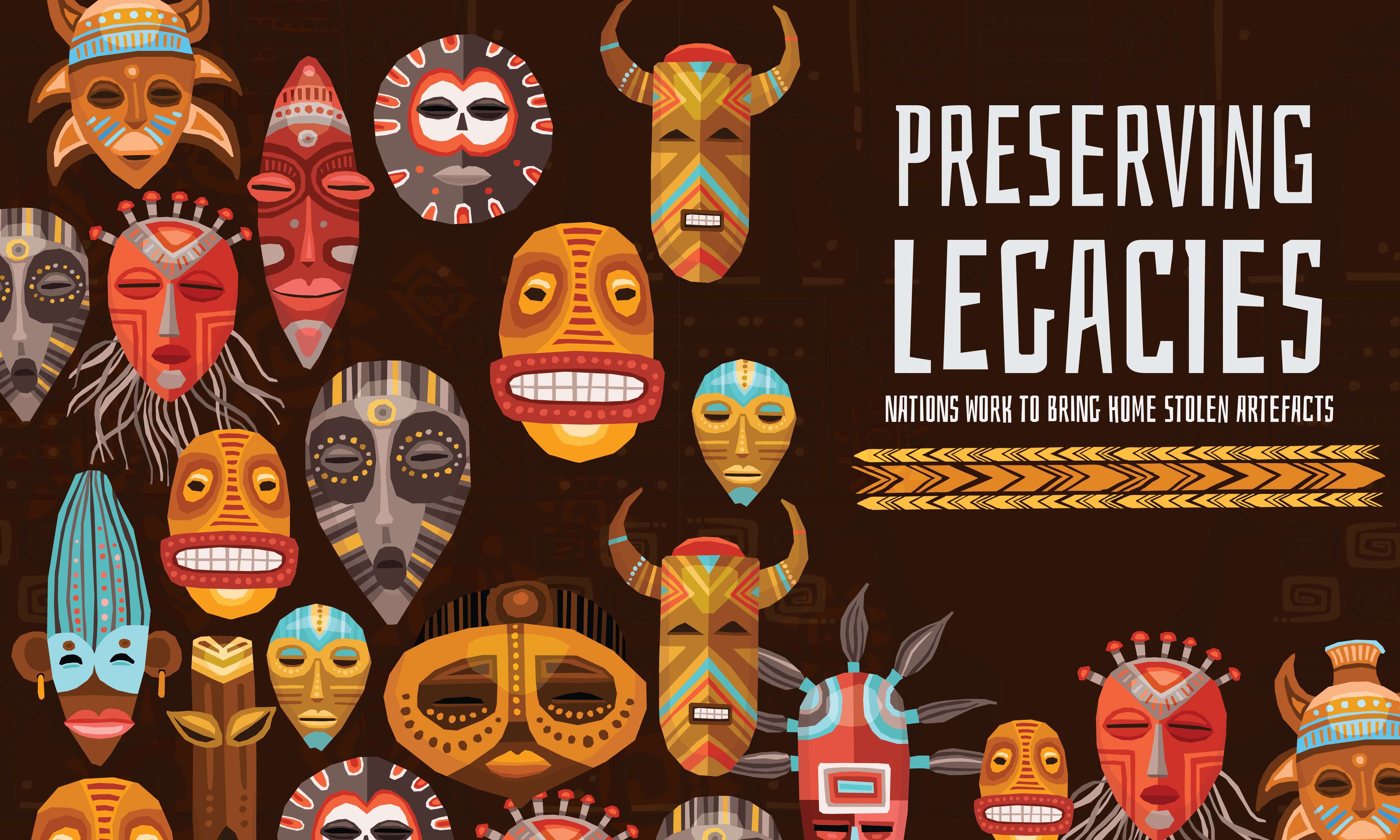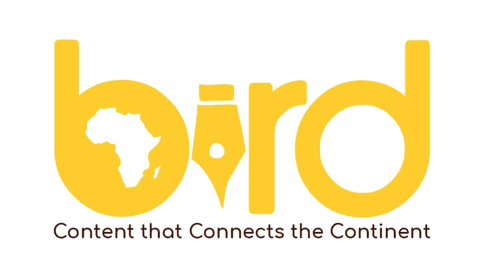A declaration by 60 museum directors from 38 countries has provided new impetus for the repatriation of African artefacts.

bird story agency
As the ascension of King Charles III reignites the debate about colonial injustices in African countries, a recent declaration adopted at a trans-continental museum conference in Dakar in 2023 offers a ray of hope for the restitution of African artefacts.
Sixty museum directors from 38 countries – including 28 African and 10 European nations – meeting in Dakar in late April, issued a declaration to foster restitution, digitisation of collections, research, education, and exhibitions.
A 2019 UNESCO report estimated between 80% and 90% of all artefacts from the continent are in Europe.
Further, a 2020 study by the Archaeological Institute of America found that between 85 and 90 per cent of classical artefacts in American museums do not have records of ownership or origin.
“The saddest thing is how the people from where the works were stolen have been robbed of the opportunity to experience these pieces,” explained Stacey Ejiroghene, a multidisciplinary artist and curator, explains the significance of repatriating artefacts.
“Some aren’t just art objects but religious relics and cultural heritage,” she added.
One of the most common arguments used by those who oppose the return of African artefacts is that countries on the continent lack proper storage facilities for these priceless treasures.
Repatriation has even been more complicated by concerns about potential post-repatriation conflicts.
However, there is a renewed zeal amongst African countries to develop the infrastructure and policies needed to fast-track the artefacts' return - including the means to store and display them.
The establishment of new, advanced museums, revamping existing ones, re-evaluation of guiding policies, and a change of European attitudes all promise to bring home Africa’s stolen art.
Benin City in Edo State, Nigeria, is home to the Edo Museum of West Africa Art, which is undergoing an expansion that will see the establishment of an ultra-modern cultural wing.
World-renowned Nigerian artist, David Adjaye will design and develop the wing to host a materials and digital laboratory, an archaeology centre, and an archives facility.
A bigger plan will see the facility interlinked with the Edo Royal Museum and 72 other tourist sites, including wildlife parks and cultural and natural sites.
Edo State forecasts that this will grow the state’s tourism revenues to US$4.3 billion within the next 10 years.
In Abomey, in the Republic of Benin, a USD$38 million Museum of the Epic of the Amazons and Kings of Danhome is under construction.
The project, which includes an upgrade of four royal palaces, will also bolster tourism in that West African country – besides creating a modern hub that will better store delicate and high-value artefacts.
Beyond the physical infrastructure, there are efforts to ratify policies to ensure that repatriation is less controversial.
After 121 Benin artefacts were repatriated back to Nigeria last year from the United States, the United Kingdom and Germany, controversy ensued.
The artefacts were looted from the royal palace of the former Kingdom of Benin by British troops in 1897. As such, Benin chiefs raised a formal claim for the artefacts.
As a move to settle the long-standing debate, the Nigerian Government announced the artefacts would be transferred to the Oba Ewuare II, the traditional ruler of the lineage of the former kingdom, in ‘Recognition of Ownership and an Order Vesting Custody and Management of Repatriated Looted Benin Artefacts to the Oba of Benin’.
According to Divine Fuh, the Director at HUMA Institute for Humanities in Africa, repatriation commitments by European and US institutions and governments are a critical signal of a change in attitude to repatriation requests from African governments.
Last year, Ireland promised to facilitate the return of mummy remains back to Egypt.
The Natural History Museum and Cambridge University in Britain have also both expressed their readiness to return stolen human remains to Zimbabwe.
Germany’s Prussian Cultural Heritage Foundation also last year promised to return 23 artefacts to Namibia.
Some of the promises – like France's promise to return 121 artefacts looted by colonial troops, to Benin – have been honoured.
As Ejiroghene explained, the return of the artefacts goes well beyond psychological impact.
"They can open up high-value artistic tourism opportunities as the world can come to the 54 countries to see the returned artefacts,” she explained.
In the UK, the National Museum’s Directors’ Council notes that museums generate close to US$2 billion annually.
After the artefacts were returned to Benin in 2021 a free exhibition held in 2022 attracted more than 200,000 visitors, 90% of whom were domestic visitors.
bird story agency





